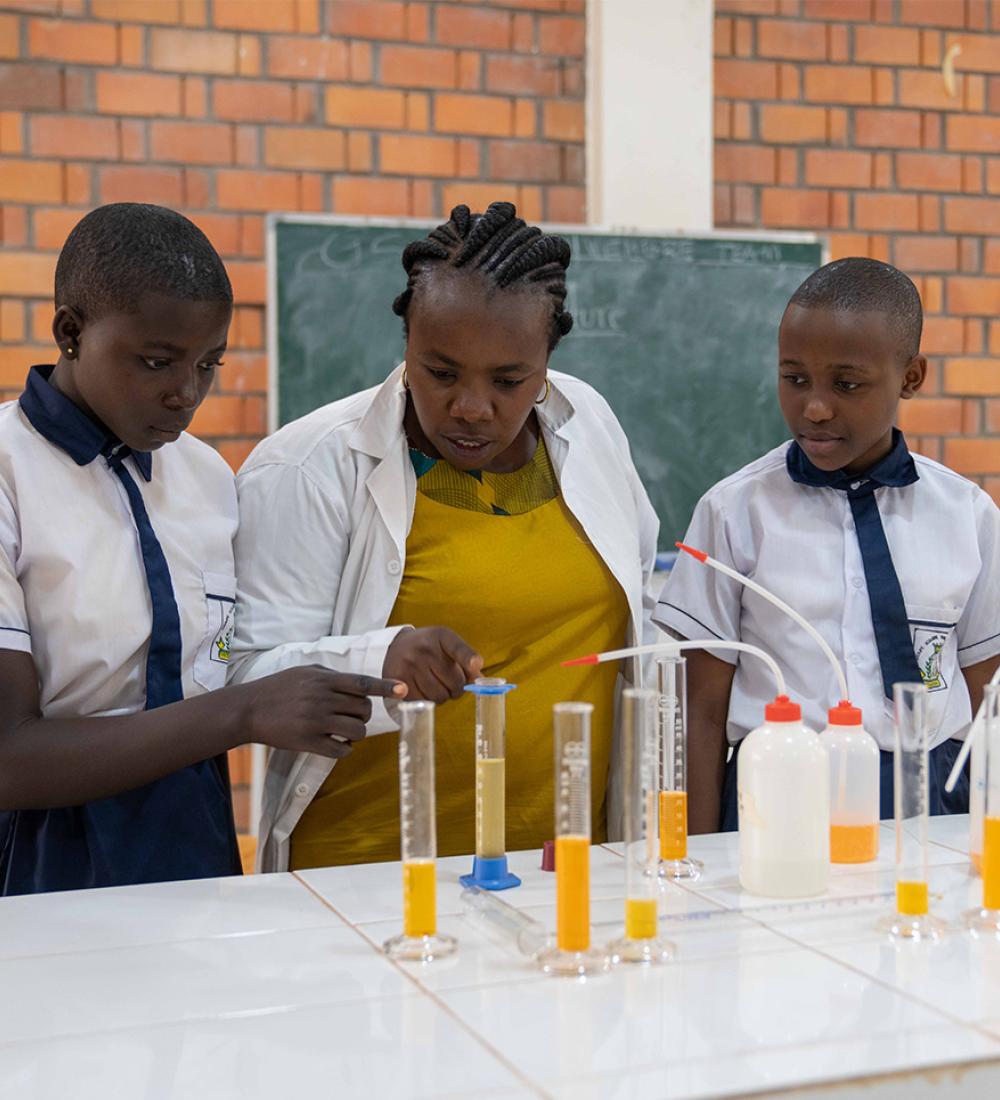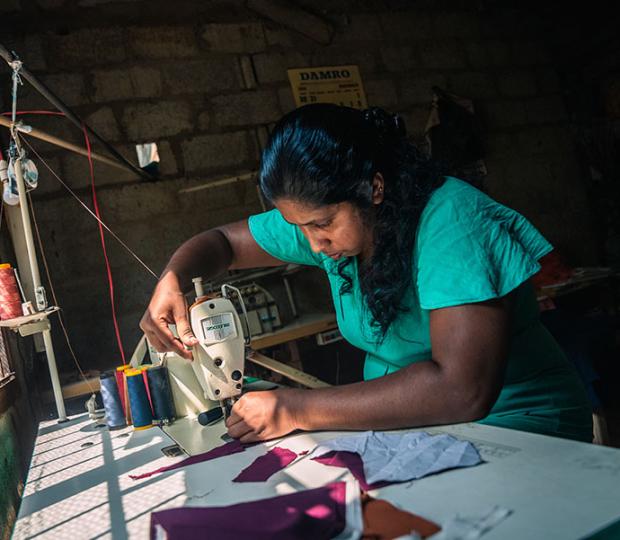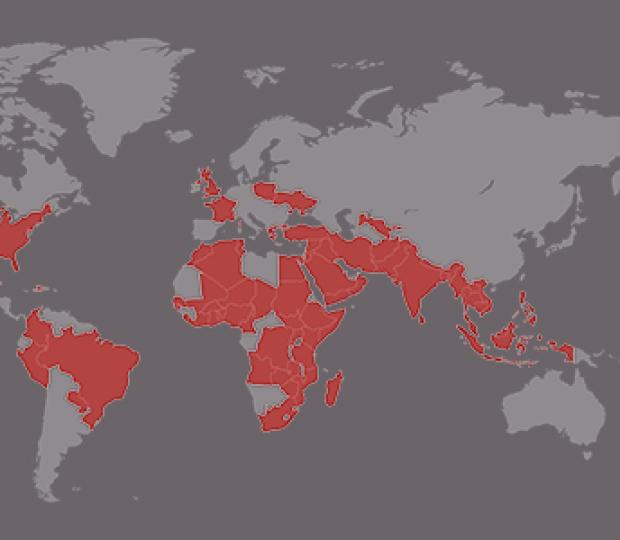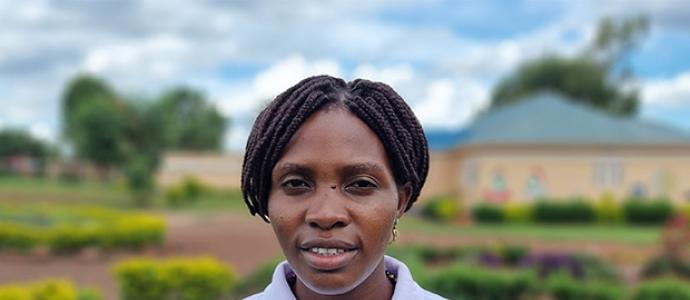Livelihoods
Multiple barriers to equitable opportunities for accessible, quality, and holistic skill development negatively affect youth across the world. In recent years, crises, conflicts and pandemics have disrupted and destabilised social, economic and political systems. Climate change has impacted traditional livelihoods, and cultural norms limit opportunities for women and girls. Female small-holder farmers in the global south comprise 70-80% of the agricultural labour force, and they drive food processing, marketing and produce the bulk of food for domestic consumption. Their labour drives major markets for produce.
As a result, access to relevant formal and non-formal learning opportunities for these youth, which could support their livelihoods, is oftentimes limited and inequitable. There is insufficient knowledge on mitigating against and managing the effects of climate shocks, which is weakening youth and community resilience to longer periods of droughts and flooding. In rural communities, frequent drought and flooding disrupt and impact agriculture and access to livelihoods, including fishing, livestock, tailoring, and small businesses more broadly. Displacement in urban and semi-urban areas has further weakened economic and social safety nets, leaving youth vulnerable to change, shocks and stresses. Many adolescents and youth, particularly women and girls, struggle to access lines of credit, training, and relevant technology to support themselves.
Our innovative projects equip youth aged 18-24, primarily in climate-affected geographies with vocational, literacy, and life skills, including financial literacy, entrepreneurship, technical and vocational livelihood skills, health and hygiene (including menstrual hygiene management), while also integrating economic recovery pathways to build resilience and ensure sustainable development. Trainees participate in training which will develop their climate adaptation-related vocational, literacy, numeracy, and life skills knowledge, to strengthen their ability to be resilient to new challenges. The innovation integrates education, health, environmental health (WASH), and economic recovery and development (ERD) sector interventions. The programme can also be complemented by the provision of access to clean water and participation in Village Savings and Loans Associations' activities.
Projects:













